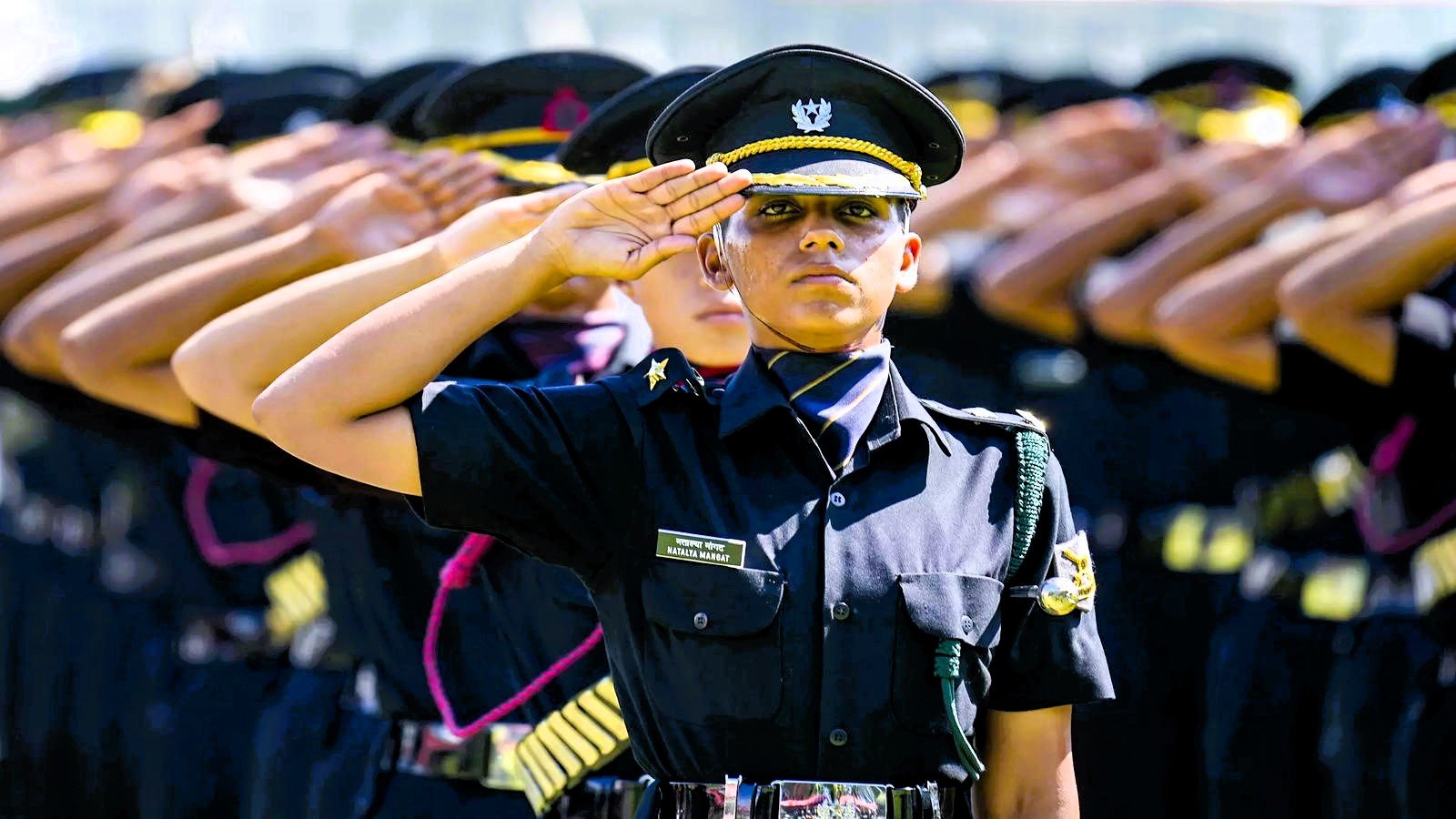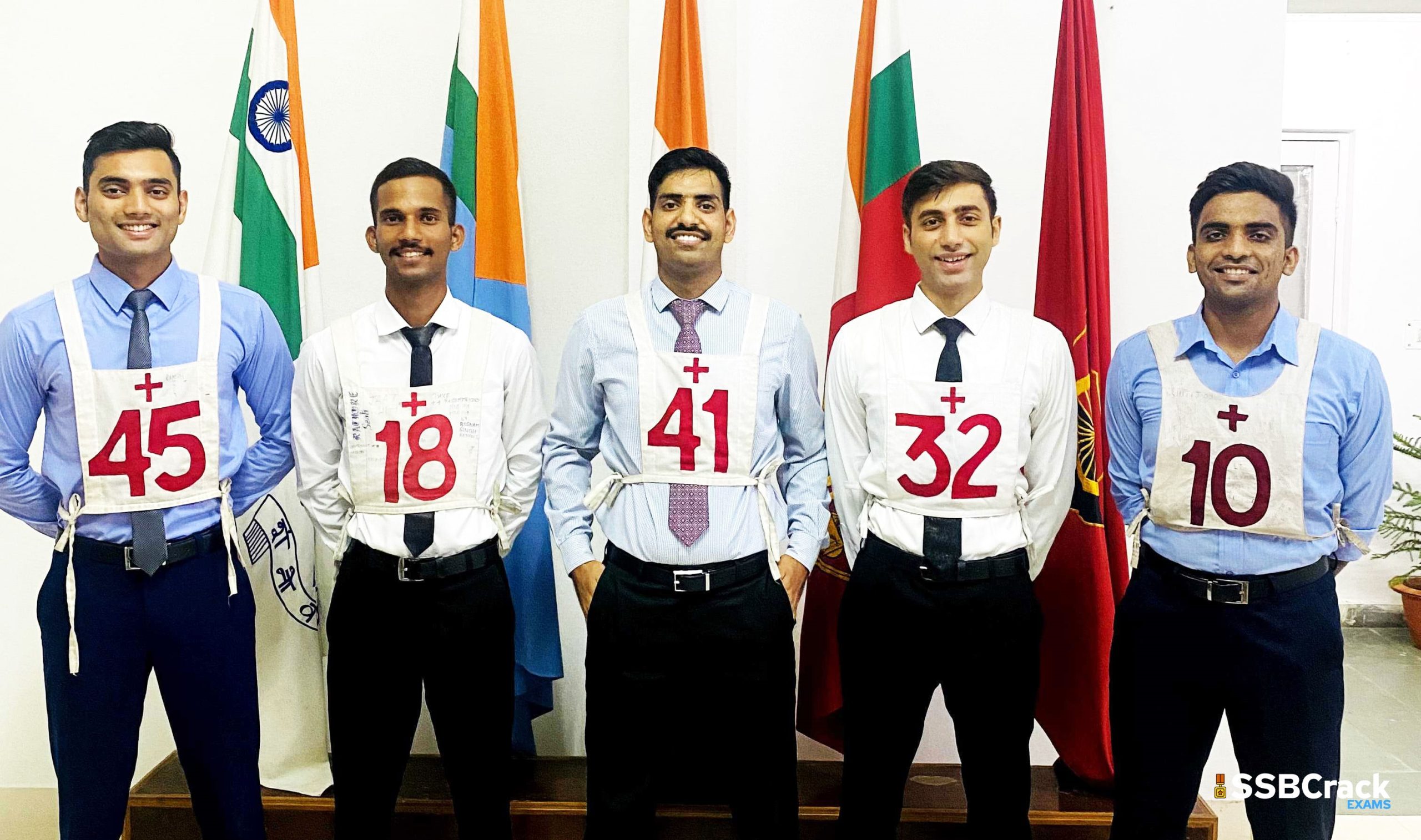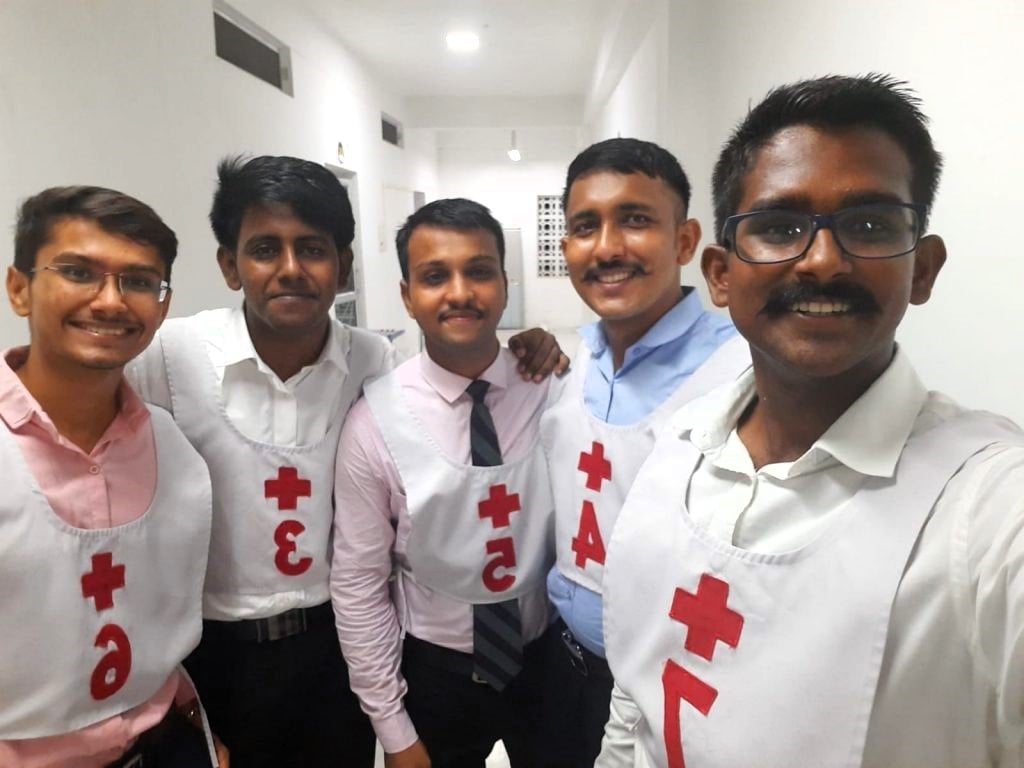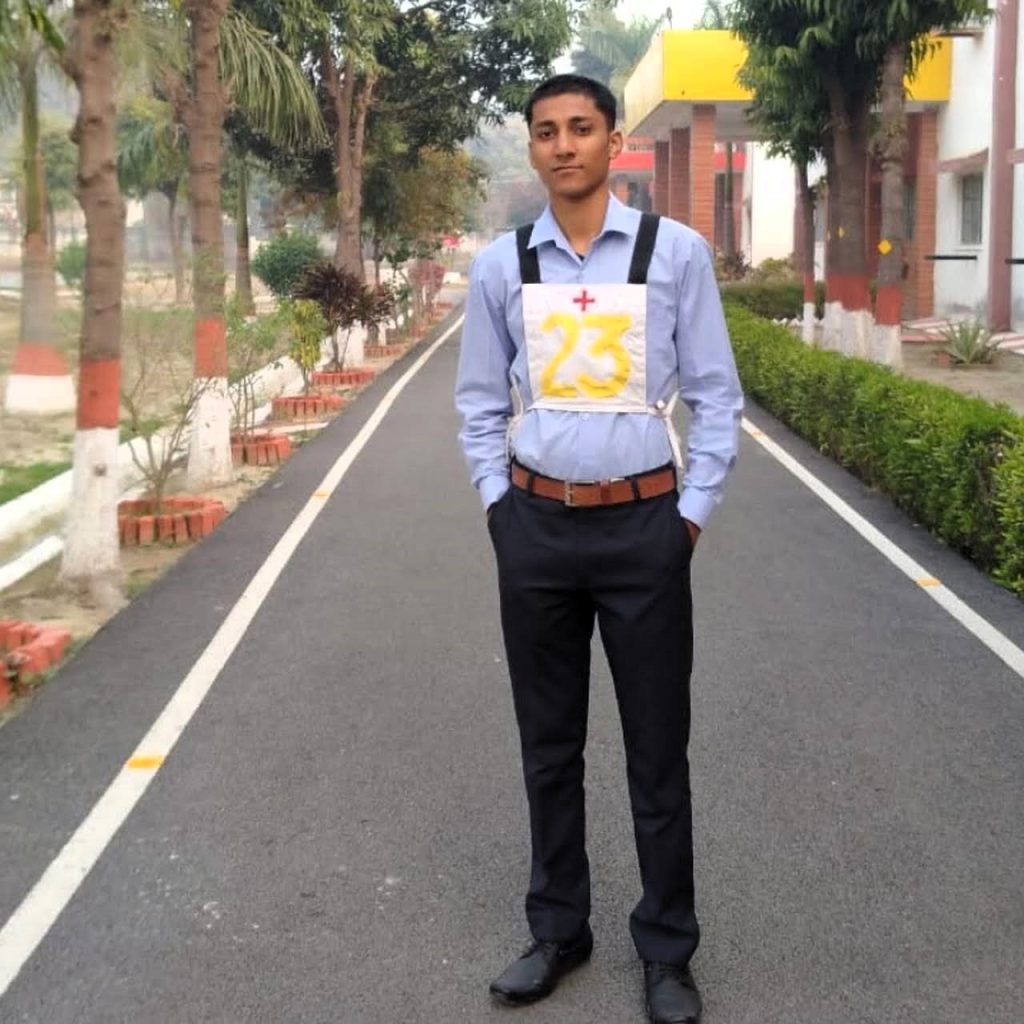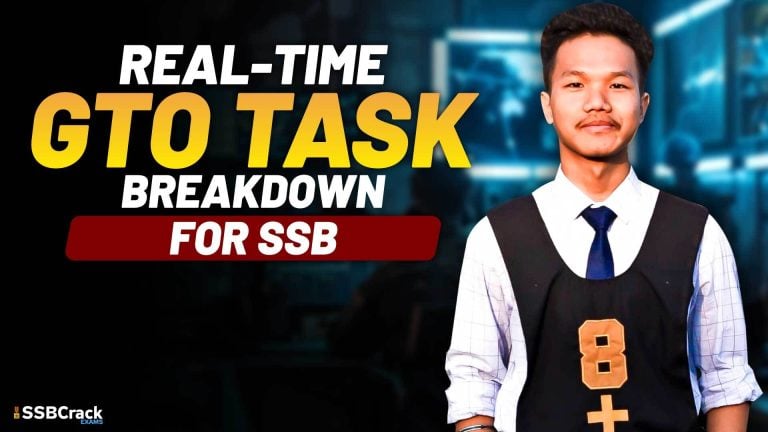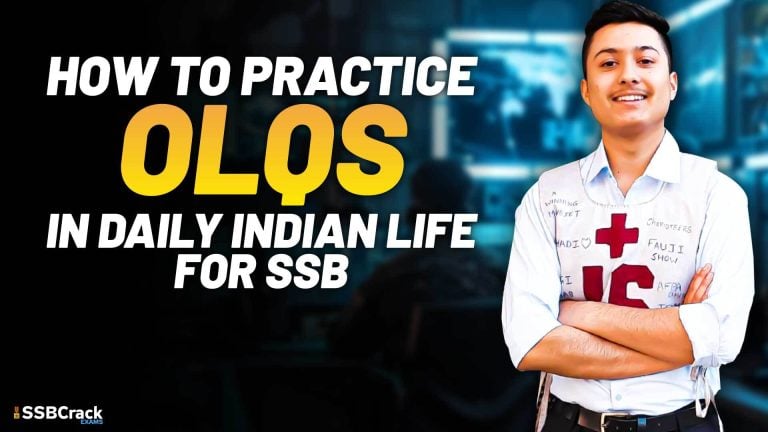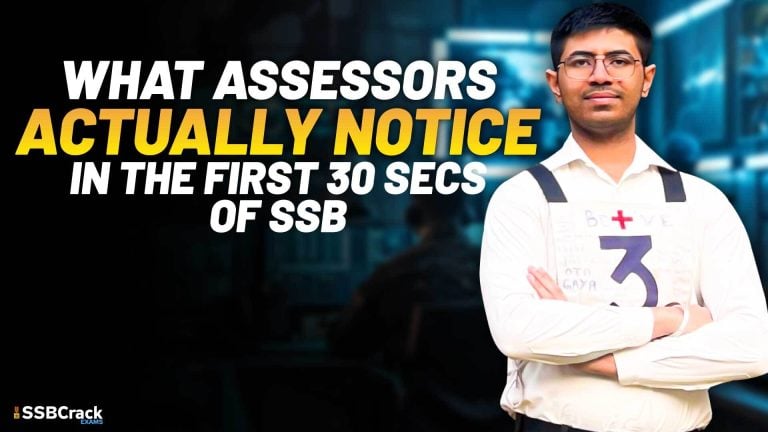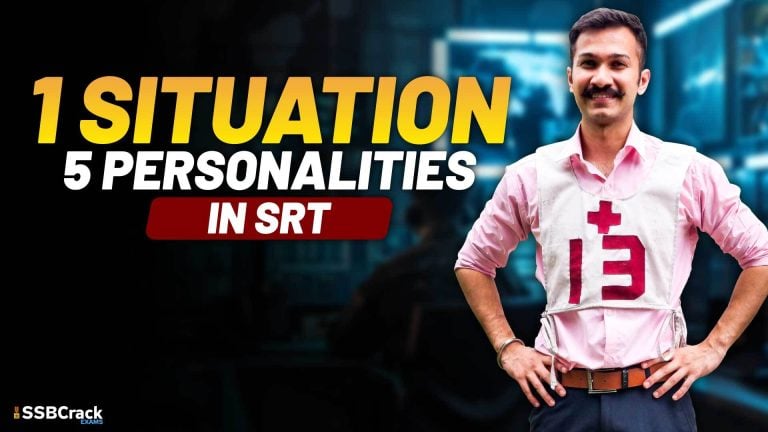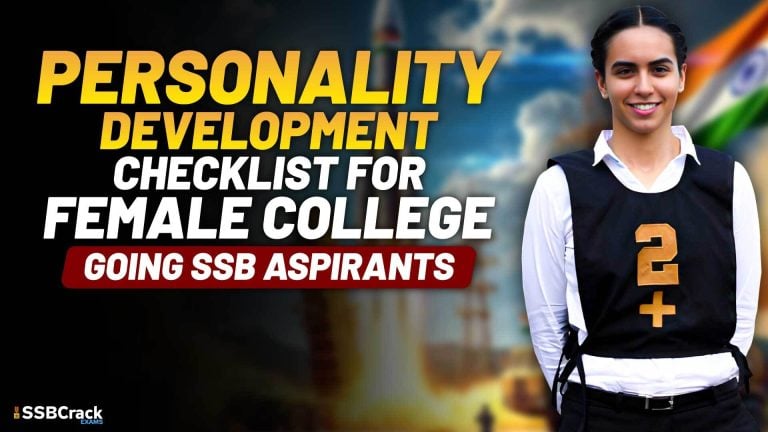When preparing for a personal interview, especially in the context of armed forces selection, it is essential to understand the types of questions that may arise. Interviews are a crucial aspect of the selection process, and being well-prepared can significantly enhance your chances of success.
This article outlines the common questions asked in personal interviews, helping candidates navigate this critical phase with confidence and clarity.
The personal interview is typically structured in a manner that allows the interviewer to gauge various aspects of a candidate’s personality, background, and motivations. The interview format generally includes:
- Introduction: This is where the interviewer establishes a rapport with the candidate, often starting with light conversation.
- Core Questions: These are categorized into several themes, such as personal background, career motivations, current affairs, and technical knowledge.
- Situational and Behavioral Questions: These assess how candidates might react in specific scenarios, providing insight into their problem-solving and decision-making abilities.
- Conclusion: The interviewer may wrap up the session by allowing candidates to ask questions or clarify any doubts.
Understanding this structure can help candidates prepare more effectively for the interview.
Also Read | 7 Must-Know Tips for SSB interview Conference Day
Personal Background Questions
Personal background questions are designed to give the interviewer insight into a candidate’s life, family, and experiences. Here are some common areas of focus:
Family Background
- Questions to Expect: You may be asked about your family members, their occupations, and your relationship with them.
- Preparation Tips: Be prepared to discuss your family’s influence on your career choices and personal values.
Place of Residence
- Questions to Expect: Interviewers might inquire about your hometown and what you appreciate about it.
- Preparation Tips: Highlight aspects like community, culture, and any significant experiences that shaped your character.
Educational Qualifications
- Questions to Expect: Expect inquiries about your academic journey, including grades and subjects of interest.
- Preparation Tips: Be ready to explain your choices in education and how they relate to your aspirations in the armed forces.
Extracurricular Activities
- Questions to Expect: Interviewers often ask about your involvement in sports or other activities listed in your Personal Information Questionnaire (PIQ).
- Preparation Tips: Discuss how these activities have contributed to your development, teamwork, and leadership skills.
Career Aspirations in the Armed Forces
Understanding why you want to join the armed forces is crucial. Here are some common questions in this category:
Motivation for Joining
- Questions to Expect: You may be asked why you chose the armed forces as a career path.
- Preparation Tips: Reflect on your motivations, whether they stem from a sense of duty, family tradition, or personal aspirations.
Preparation for Selection
- Questions to Expect: Interviewers often want to know about your preparation journey.
- Preparation Tips: Discuss any training, courses, or self-study you have undertaken to prepare for this career.
Backup Plans
- Questions to Expect: You might be asked what you would do if not selected.
- Preparation Tips: It’s wise to have a thoughtful response ready that reflects your resilience and adaptability.
Current Affairs and General Knowledge
A well-rounded candidate is often expected to stay informed about current events. Here’s what to consider:
Trending Topics
- Questions to Expect: Be prepared for questions about recent national and international news.
- Preparation Tips: Regularly read newspapers, follow credible news sources, and stay updated on significant global issues.
Government Policies
- Questions to Expect: Interviewers may inquire about your understanding of the current government’s plans and initiatives.
- Preparation Tips: Familiarize yourself with key policies and how they impact national security and defense.
Technical Knowledge
Technical questions can vary widely, regardless of your educational background. Here are some areas to focus on:
Basic Principles
- Questions to Expect: You may encounter questions related to fundamental concepts in physics or engineering principles, such as Bernoulli’s Principle.
- Preparation Tips: Brush up on basic scientific principles that are relevant to military applications.
Weaponry and Equipment
- Questions to Expect: Candidates may be asked about different types of weaponry and machinery used in the armed forces.
- Preparation Tips: Familiarize yourself with the latest advancements in military technology and equipment.
Assessing Personal Traits
Interviewers often gauge candidates’ personalities through situational questions. Here’s how to prepare:
Situational Judgments
- Questions to Expect: You may be presented with hypothetical scenarios to assess your decision-making skills.
- Preparation Tips: Practice articulating your thought process and reasoning behind your decisions in various situations.
Emotional Intelligence
- Questions to Expect: Expect questions that test your emotional resilience and ability to handle stress.
- Preparation Tips: Reflect on past experiences where you demonstrated emotional intelligence and coping strategies.
Also Read | Answering ‘Why Join the Indian Army?’ in Your SSB Interview
Tips for Effective Responses
Providing thoughtful and structured responses can set you apart during the interview. Here are some strategies:
The STAR Method
- Situation: Describe the context within which you performed a task or faced a challenge.
- Task: Explain the actual task or challenge that was involved.
- Action: Describe the specific actions you took to address the task.
- Result: Share the outcomes of your actions and what you learned from the experience.
Practice Makes Perfect
- Mock Interviews: Conduct mock interviews with friends or mentors to practice your responses.
- Feedback: Seek constructive feedback to improve your delivery and content.
The Importance of Honesty
Being genuine is crucial during the interview process. Here’s why:
Authentic Responses
- Why It Matters: Interviewers appreciate candidates who are honest about their experiences and motivations.
- Preparation Tips: Reflect on your journey and be ready to share both successes and challenges.
Building Trust
- Why It Matters: Transparency fosters a sense of trust between you and the interviewer.
- Preparation Tips: Be open about your aspirations and any uncertainties you may have.
Also Read | What Is SSB Services Selection Board
Conclusion
Preparing for a personal interview, particularly in the context of armed forces selection, involves understanding the types of questions that may be asked and crafting thoughtful responses. By focusing on personal background, career aspirations, current affairs, technical knowledge, and personal traits, candidates can present themselves as well-rounded individuals ready to serve. Remember, the key to success lies in preparation, honesty, and a positive mindset.
FAQs
1. What are the most common questions asked in personal interviews for the armed forces?
Common questions often pertain to personal background, motivations for joining, current affairs, and technical knowledge related to defense.
2. How can I prepare for situational questions?
Practicing the STAR method can help you structure your responses effectively. Additionally, reflecting on past experiences can provide valuable insights.
3. Is it important to stay updated on current affairs?
Yes, being informed about current events and government policies is crucial, as it demonstrates your awareness and engagement with national issues.
4. What should I do if I don’t know the answer to a question?
If faced with an unfamiliar question, it’s best to remain calm and express your willingness to learn. You can also share related knowledge or experiences to showcase your thought process.
5. How can I build confidence for the interview?
Practice through mock interviews, seek feedback, and maintain a positive mindset. Preparation is key to feeling confident during the actual interview.
